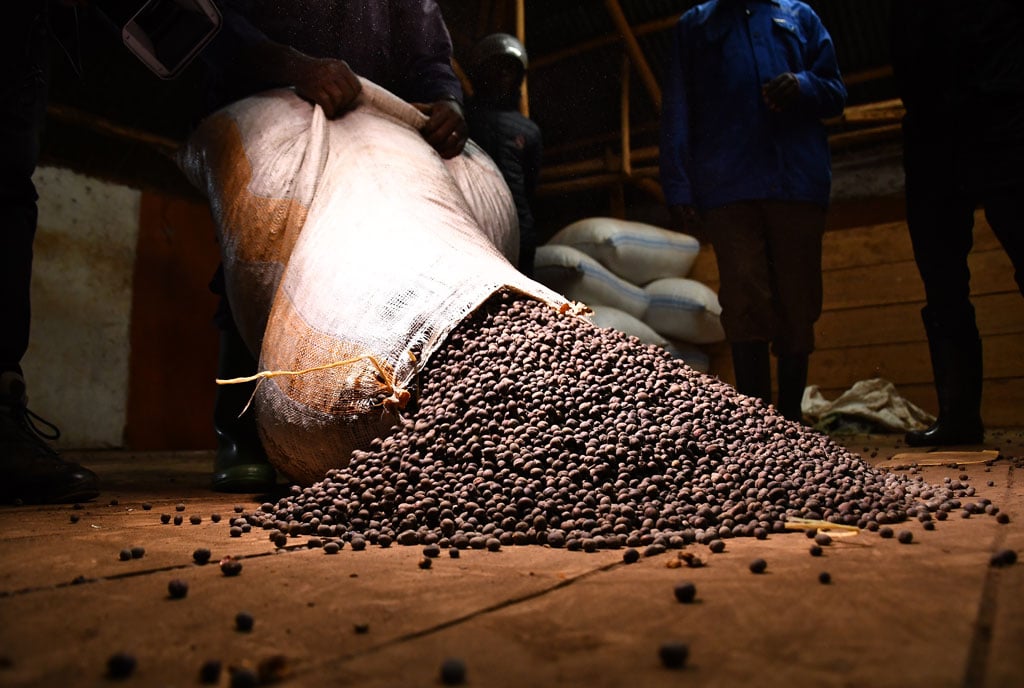
Wednesday, November 6, was another shameful chapter in the history of the Parliament of Uganda. It saw a predictable and preventable exchange of insults and blows between parliamentarians in a heated plenary session called to pass the National Coffee Amendment Bill, 2024.
It was a scene reminiscent of the September 2017 fights on the floor of Parliament during the passage of the Raphael Magyezi Constitution amendment Bill that removed the presidential age limit.
Opposition and ruling National Resistance Movement (NRM) MPs came to blows. More than 24 MPs were suspended, including Ronald Kibuule who, it was claimed, entered the House with a firearm.
This time, 12 MPs were suspended. One MP, Francis Zaake of Mityana Municipality (NUP), ended up bundled into an ambulance and rushed to Nsambya Hospital for emergency medical care.
Pictures later surfaced of him on a hospital bed, hooked up to all manner of machines that wouldn’t look out of place in an Intensive Care Unit. By his side was Leader of Opposition in Parliament Joel Ssenyonyi.
The Bill was passed. It had to pass. The numbers say so. But more on that later.
The news of the fight and subsequent passing of the Bill found my colleagues and I deep in Maggwa, Kasiiso, and Mukono districts talking to coffee farmers who our legislators say they are fighting for.
Listening to the farmers, one could surmise that their views on the rationalisation of the Uganda Coffee Development Authority (UCDA) could pass for a poorly made soup of conspiracy theories, fear and uncertainty.
They have a healthy distrust of both the government and the Opposition.
They don’t know who to go to for guidance on this issue and several other issues of national importance.
A vacuum exists at the grassroots of our society that no amount of theatre can fill.
Some of these people said they hadn’t seen their MPs since they won elections and hadn’t seen the President in 11 years.
They reminiscent about the days the President would go to them, hold public rallies and give some of them a chance to speak to him directly.
Their current source of information, they said, was two radio stations where they are fed the presenters’ views. The dumbing down of society is nearly complete.
Meanwhile, their MPs are in Kampala, drawing constituency allowances and spending very little of this parliamentary money on actual parliamentary work.
They seem to have petit bourgeois middle-class delusions and hold these over their political objectives and duty to the people.
It should, therefore, surprise no one that a culture of debate in the highest of legislative houses has been replaced by a pugilist culture.
It would help our society if some of the energy and resources spent in this public spectacle were instead spent on thinking through ways a parliamentary minority can influence legislation. It’s not something alien to our republic.
The writer, Anthony Natif, is a team head at Public Square. @Tony Natif







